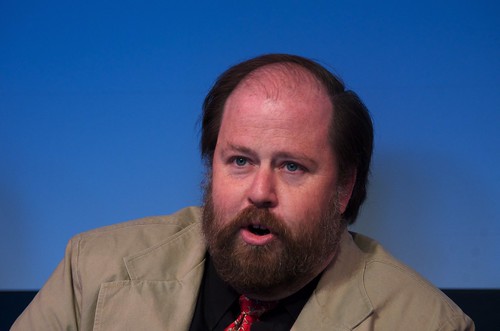One of the most sage theological lessons I've learned was from the fictional preacher Robert Boughton. In a discussion with some folk on the murky subject of predestination, he said amidst the frustration of ambiguity that,
To conclude is not in the nature of the enterprise.
There are those -- Christian and non-Christian -- who think that it is precisely the nature of theology to draw conclusions. In the land of relative truth, the man with one conclusion is king. And so we clamour for that conclusion, not in a journey towards liberating truth but in a quest for dominating power.
Theology, however, does not wield truth but rather serves it, stands under it, moves towards it, and rejoices in it. It seems strange that the author of a massive theological work entitled Church Dogmatics would side with Rev. Boughton, but the more I read by/about Karl Barth the more apparent it is that his theology was not about conclusions but about beginnings. He was always going back again to the beginning -- the beginning of theology, the beginning of life, the beginning of knowledge: God's revelation in Jesus. The task of theology is not only to say this, but to learn and re-learn how to say everything in light of this. This is why Clifford Green can state that,
Theology for Barth is a pilgrim venture always open to revision, a self-critical discipline, ever seeking to give a better account of its subject matter.
As a theologian who preceded both Boughton and Barth once wrote, "We know in part" (1 Cor. 13). Any theological reflection that is not aware of this conviction is dangerous, because the only thing worse than a person who claims there is no truth is the person who claims he is giving you the whole truth.
